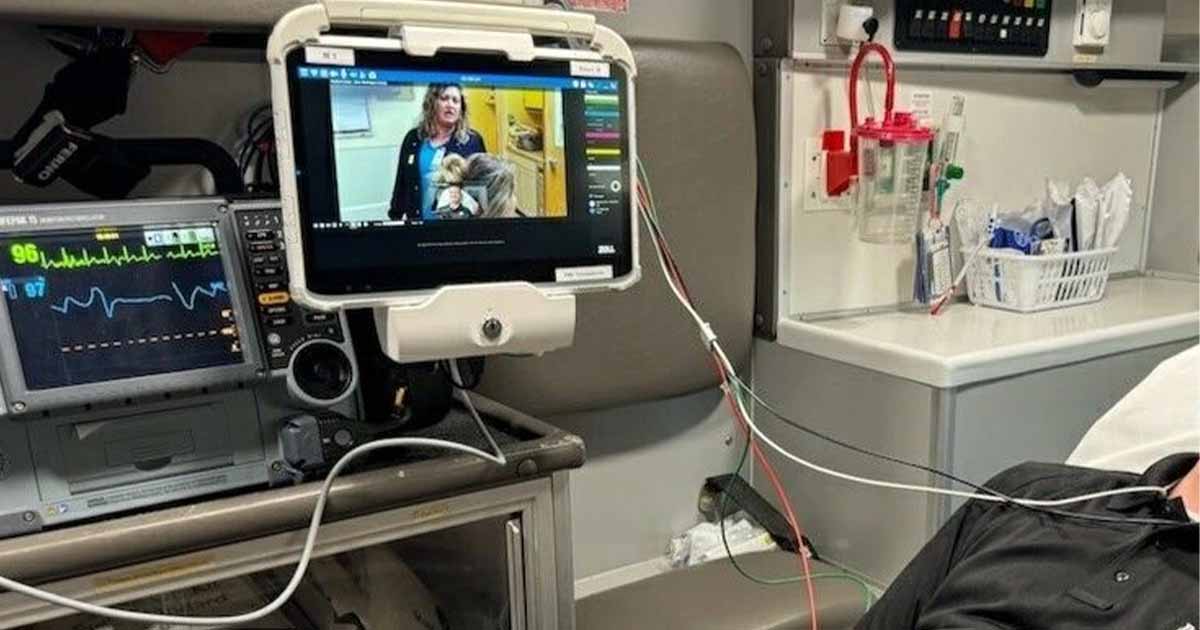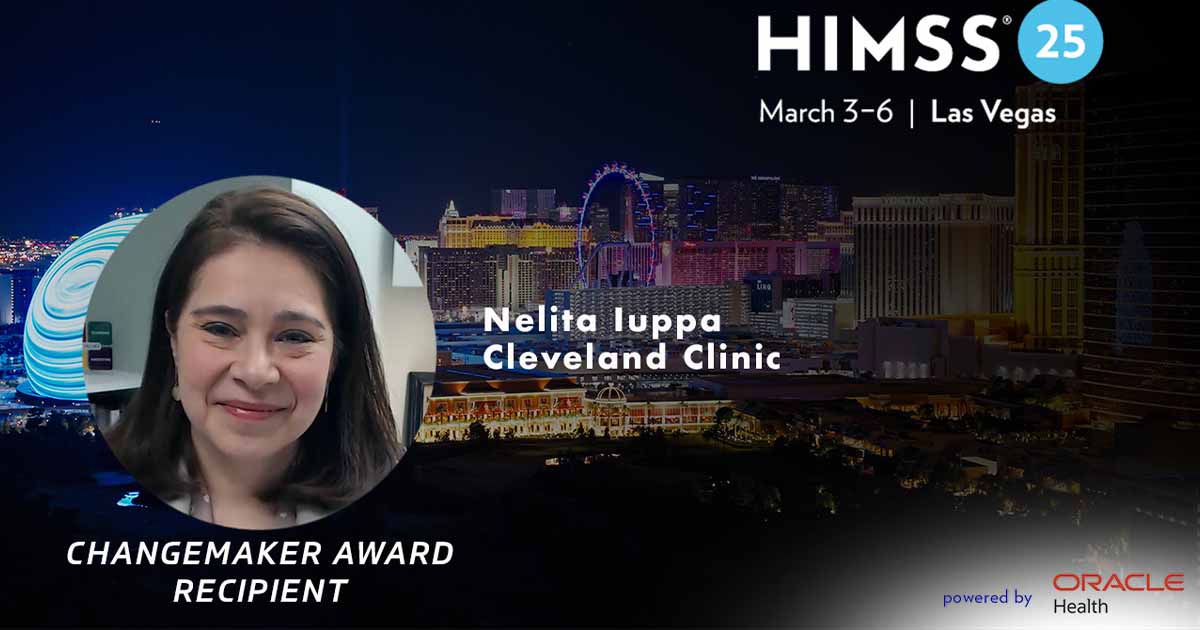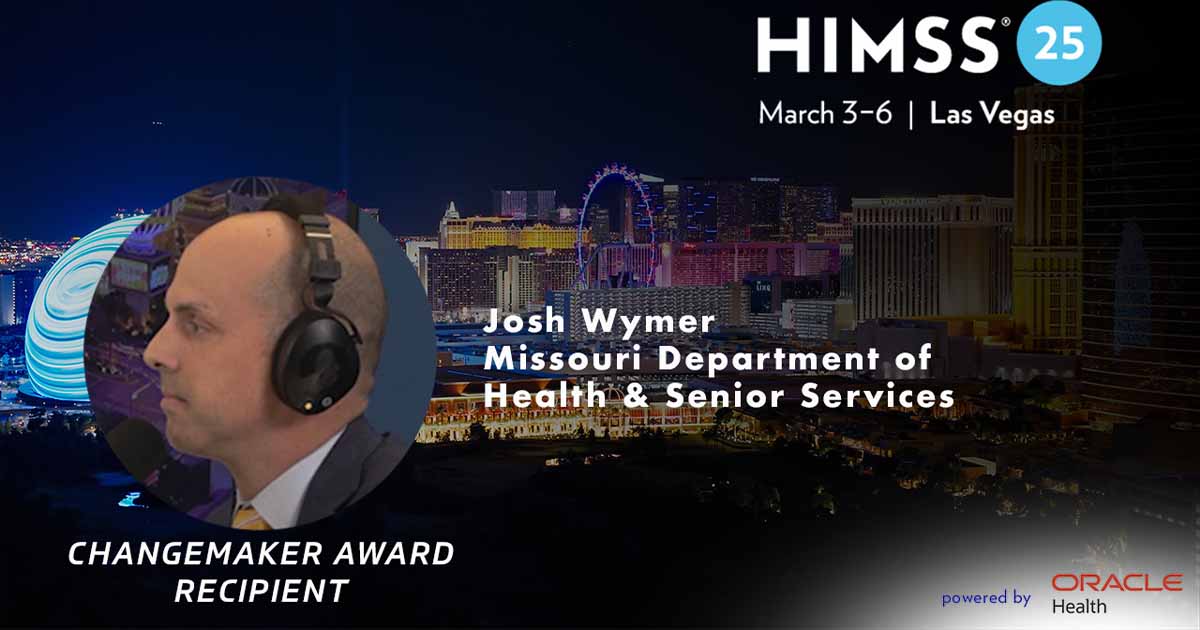Population Health
"On average, only half of patients with chronic disease adhere to their care plans and medications as instructed," says one doctor. "Patients expect on-demand support, and that is not how most health systems operate today."
Mariam AlEissa, adjunct assistant professor at Alfaisal University in Saudi Arabia, explains how genomics data can identify causes of, and help develop treatments for, non-communicable diseases.
Health systems need to engage patients, families and clinicians as partners when leveraging AI and other advanced technologies to achieve the best possible care outcomes, says HIMSS Chief Scientific Research Officer Anne Snowdon.
SPONSORED
Telemedicine delivers health equity and improved patient outcomes.
The society's vision and mission highlight how data can improve population health and will also inspire the next generation, says Nelita Iuppa, Cleveland Clinic's executive director of informatics and a HIMSS25 Changemaker Awardee.
Also, a private Cambodian hospital partnered with a commercial bank to enable mobile, automated payments.
Josh Wymer, a HIMSS25 Changemaker, discusses his work with the Missouri Department of Health and Senior Services, including a statewide data project that brought together data from multiple locations and organizations.
The dashboard will aggregate primary care data nationwide.
Femtech is helping reduce medical gaslighting by generating data that translates women's experiences into measurable health insights, says Ida Tin, founder of think tank Femtech Assembly.
Susan Monarez, current acting director at the U.S. Centers for Disease Control and Prevention, has previous experience in the Office of Science and Technology Policy, and worked at ARPA-H on AI applications for pop health and quality improvement.









